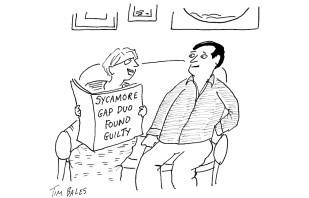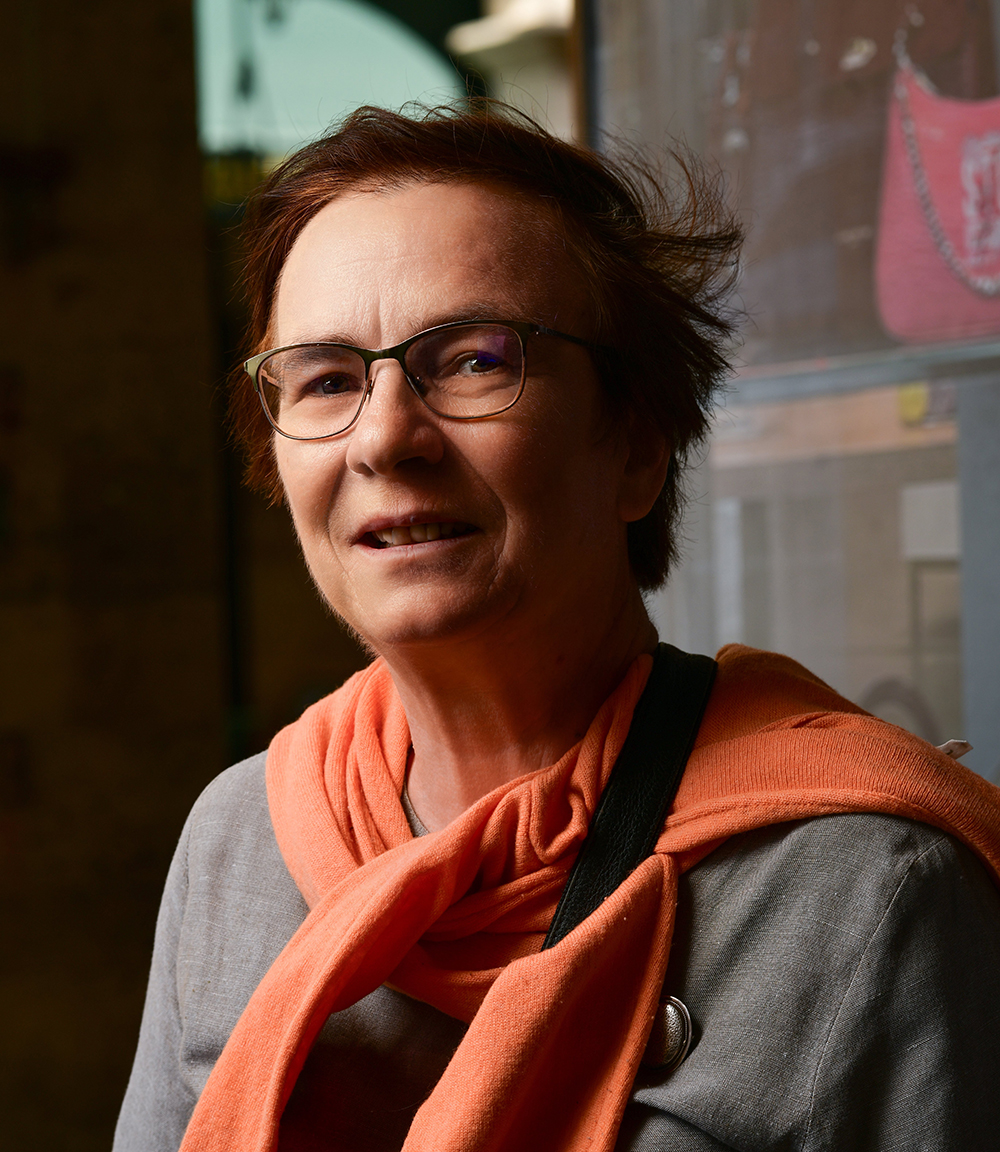
As a young child in the mid-1960s, Cécile Desprairies listened hour after hour to her mother Lucie dreamily recalling the 1940s, dwelling on a past peopled by undefined heroes and ‘the bastards’ who murdered them. Names were rarely mentioned or hastily passed over. In the fashionable Paris apartment there were daily gatherings – her mother, aunt, cousin and grandmother twittering like birds, obsessed with fashion and cosmetics. Between trying on clothes, there was endless looking back at a lost golden age and lamenting the disasters that followed. Lucie was always in charge, her second husband Charles, Cécile’s father, casually excluded. There was gossip about acquaintances, women with Jewish names described as ‘wealthy’, all apparently orphaned. There was no mention of the Holocaust, a word the child learned afterwards from books.
Decades later the silent observer began putting together the jumbled puzzle of the past, uncovering bit by bit the dark mystery of those years; to ferret out the reality behind the colourful social circle – a great-uncle, the toast of le tout Paris, who staged Mozart at the Opera House; the friends and family who magically acquired antique furniture or accommodation whenever needed. The picture she uncovered horrified her, and what began as an attempt at clarification sharpened into merciless exposure.
Desprairies, a distinguished historian, has written several books about the Occupation and Vichy France. The Propagandist is her first novel, a vividly detailed story inter-woven with scorching truth, sensitively translated by Natasha Lehrer. It is a personal J’Accuse, indicting her mother and the family – a community of enthusiastic collaborators – for their part in the collapse of a country. Their uncaring acts of betrayal; the euphoria of belonging, oblivious to the lives of those destroyed, all building to the genocide that for these lucky ones did not even exist.

Fascism provided the life Lucie had always wanted, with her first and only great love, the blond, blue-eyed Friedrich from Alsace, a eugenicist who conducted experiments on mice. She joined ORAFF, the office responsible for the creation and distribution of posters, and displayed a talent for designing propaganda material, her work visible throughout France. Praise came from high places. She was the Leni Riefenstahl of the poster.
As the balance of the war shifted, everything changed: Friedrich vanished, and was no longer spoken of. A swift rewriting of events was needed – nobody wanted denunciation and a shaved head. Lucie took charge: identities melted, family activity was successfully blurred. It was a period of uncertainty and confusion: ‘I grew up,’ the narrator says, ‘caught in the twisted loop of lies and truth.’
On a bookshelf in my study sits a handsome illustrated volume, The Poster in History. In the section on second world war propaganda in France a smiling Nazi soldier is depicted protectively cradling a couple of French toddlers. The slogan is: Faites confiance AU SOLDAT ALLEMAND. Could this be one of Lucie’s? The caption says ‘Anonymous’, but die Propagandistin, as the Germans nicknamed her, was always good at keeping her name safely out of the picture.








Comments